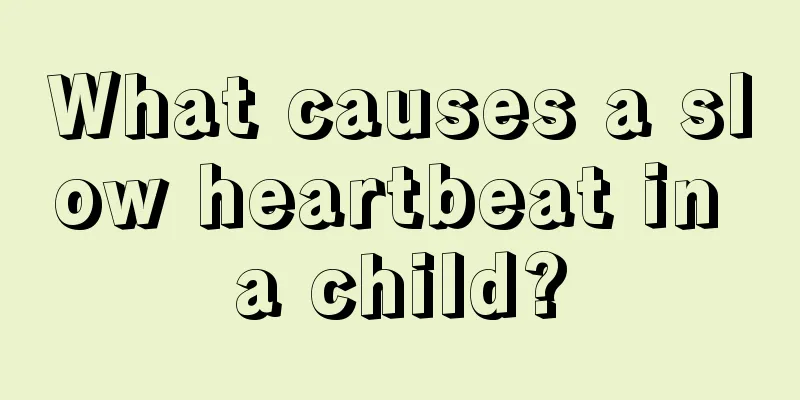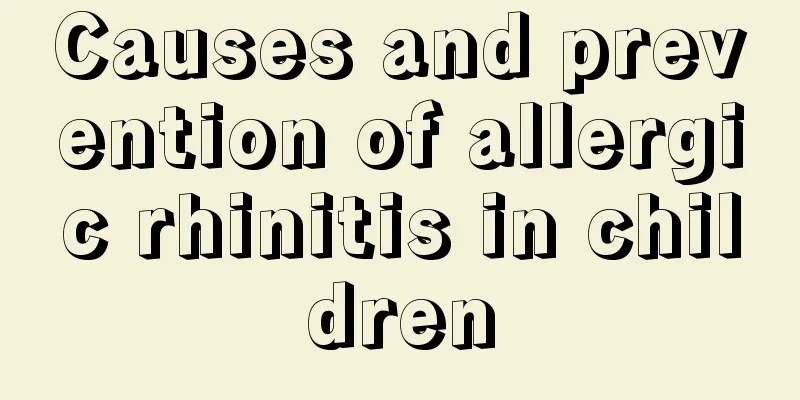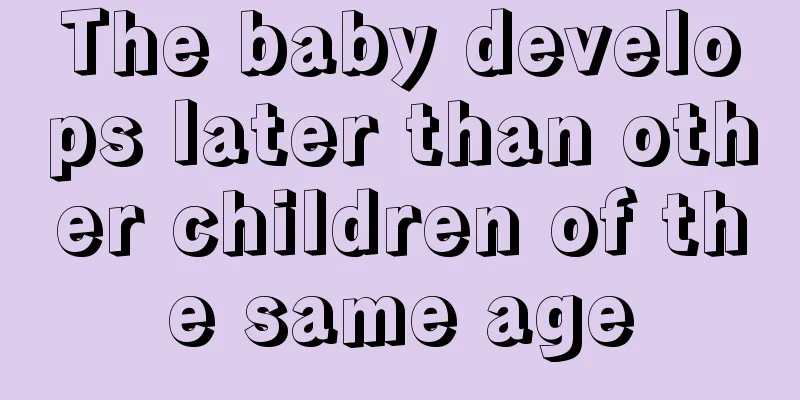What is the cause of the baby's diarrhea and foam?

|
Many babies have problems, so it is necessary to pay attention to timely diagnosis and examination, so as to effectively ensure the health of the children and avoid dangerous situations caused by abnormal phenomena of the children, especially when the children have diarrhea with foam. So what is the matter with babies having diarrhea with foam? Let me introduce this issue to you below. What kind of stool should a newborn baby have after the meconium is excreted? Generally speaking, most people will tell you that breastfed babies have yellow, uniform, and pasty stools, and they defecate more frequently, up to 4 to 5 times a day. Children who drink milk have 2 to 3 bowel movements a day. Their bowel movements are white and formed, and sometimes curds can be seen. However, in the late neonatal period to 2 to 3 months, another kind of stool is often seen during this period. It is green in appearance, mixed with white lumps, sometimes with transparent mucus in the shape of lines, and sometimes like a broken egg without a shape. Experienced doctors or people who often take care of children know that this is the stool of a breastfed baby; but a new mother will rush to the hospital with her child because she thinks that this stool is abnormal and the child must have diarrhea. How do we determine whether a child with this kind of stool is sick? First, let us give you a concept. There is another type of diarrhea that we call physiological diarrhea. Although this type of diarrhea may cause bowel movements up to 6 to 7 times a day, and the stools are yellow-green and watery, and may even contain small curds and mucus, no red blood cells or white blood cells will be found under the microscope, and at most fat globules may be reported. The child’s good weight gain is the most important objective indicator for judging this type of diarrhea, which is what we often say “diarrhea does not delay weight gain.” Another characteristic observed in this type of children is that they are in good spirits, have good appetite, do not have fever, and do not vomit, that is, they do not have any of the accompanying symptoms of diarrhea. Therefore, when seeing this kind of physiological diarrhea, parents do not need to be anxious, and there is no need to stop breastfeeding and switch to milk to change the stool characteristics. Generally, this physiological diarrhea will heal naturally after the child is 4 to 6 months old and proper complementary food is added. The above is my opinion on this issue. If the child has the above problems, then you should pay attention to taking timely treatment methods for treatment, especially some children have diarrhea, it is very likely caused by other diseases. Finally, I wish the children a speedy recovery. |
<<: What should I pay attention to when my baby is two months old?
>>: What should I do if my baby cries and spits up milk?
Recommend
How to treat jaundice by sunbathing
Jaundice is a very serious disease. If you have n...
How to treat infants with congenital hypothyroidism
Congenital hypothyroidism is a very common diseas...
What are the benefits of drinking Zhuhengli for children?
Many people use pork shank to make soup, which ha...
What to do if your baby can't digest the milk powder
At the beginning, parents know nothing about taki...
What is the complete diet for children?
I believe everyone knows the importance of diet t...
What to do if you have hand, foot and mouth disease and stomach pain
There are many symptoms of hand, foot and mouth d...
What causes alcohol poisoning in babies?
When it comes to physical cooling, everyone may k...
What's wrong with a two-year-old baby coughing and vomiting?
A 2-year-old baby coughs and vomits because the c...
Why does a child cough while lying down to sleep?
The most common reaction after a child catches a ...
What to eat for children with gastroenteritis
Diet in life is very important to us. Improper ea...
Eight-month-old baby standing on tiptoes
Eight-month-old babies are generally able to stan...
What are childhood anxiety disorders?
In life, we often see some children who often sho...
What is the most suitable room temperature for a newborn baby to bathe?
Bathing a newborn is an important time for mother...
Is neonatal dacryocystitis serious?
Dacryocystitis is a very serious and common eye d...
What to do if a child gets diarrhea after eating watermelon
We all know that watermelon is a cold food. Eatin...









